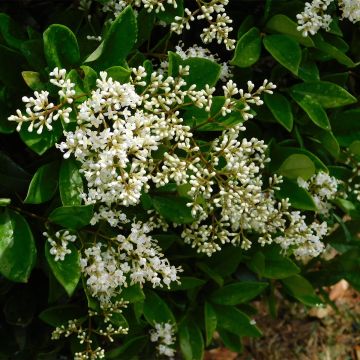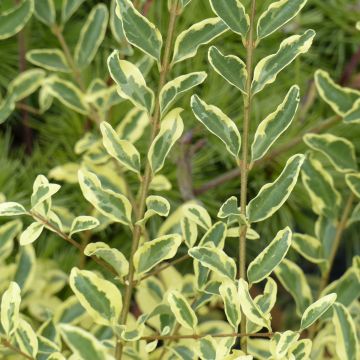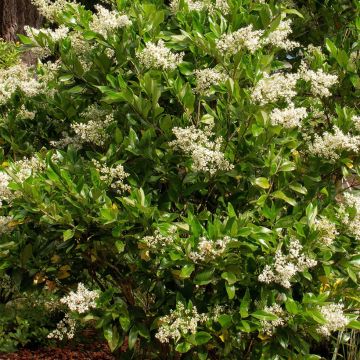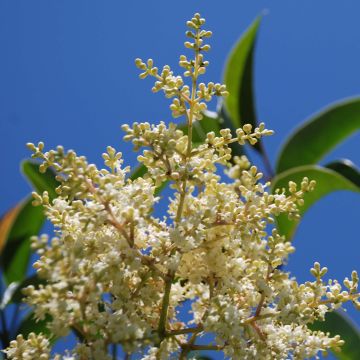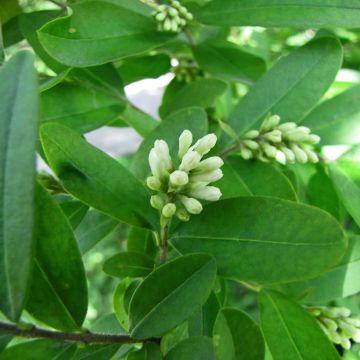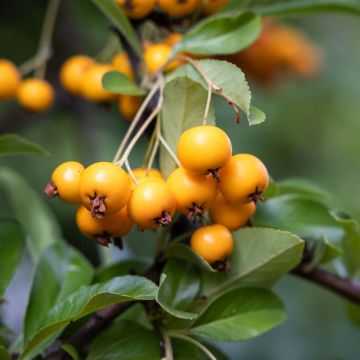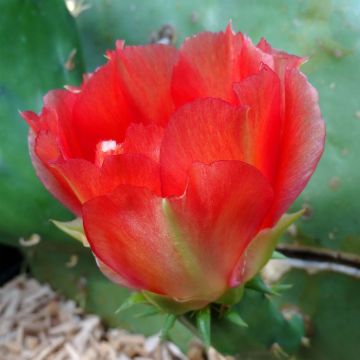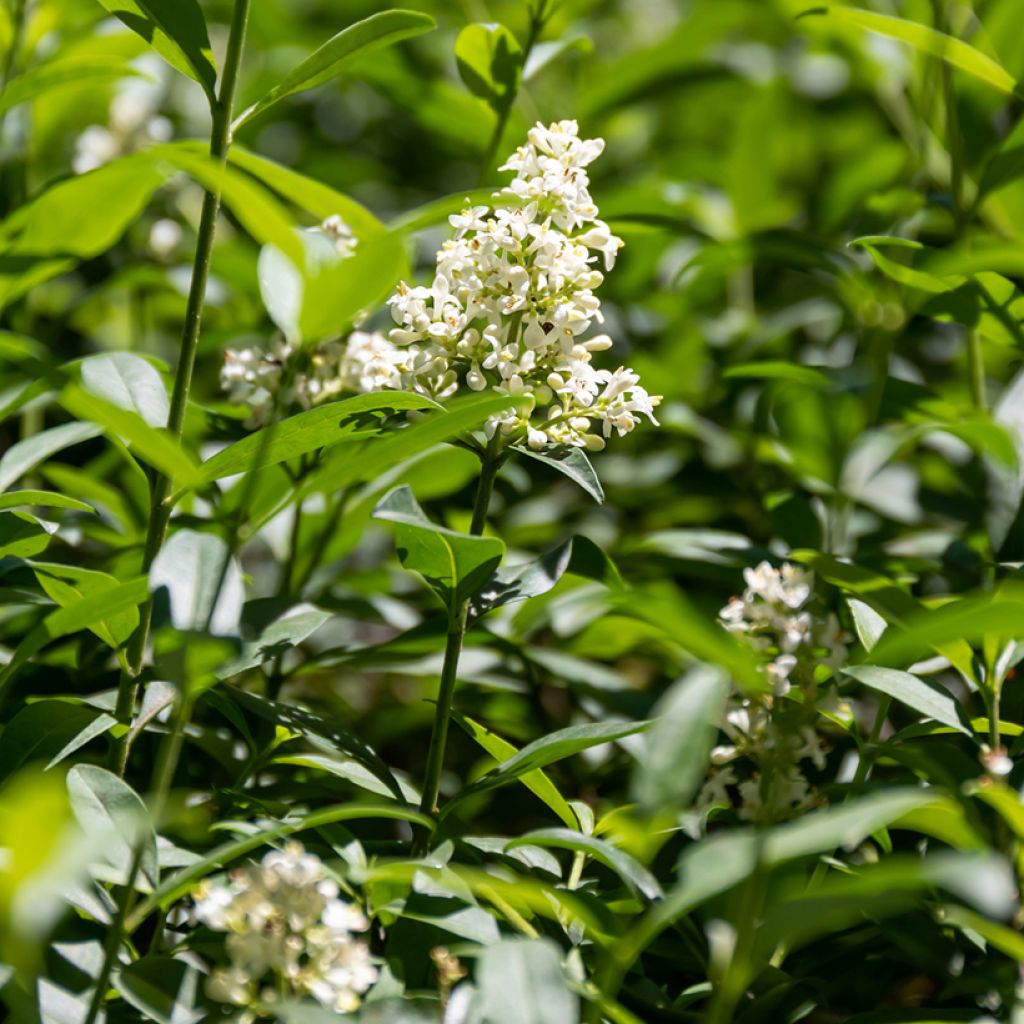

Common Privet - Ligustrum vulgare
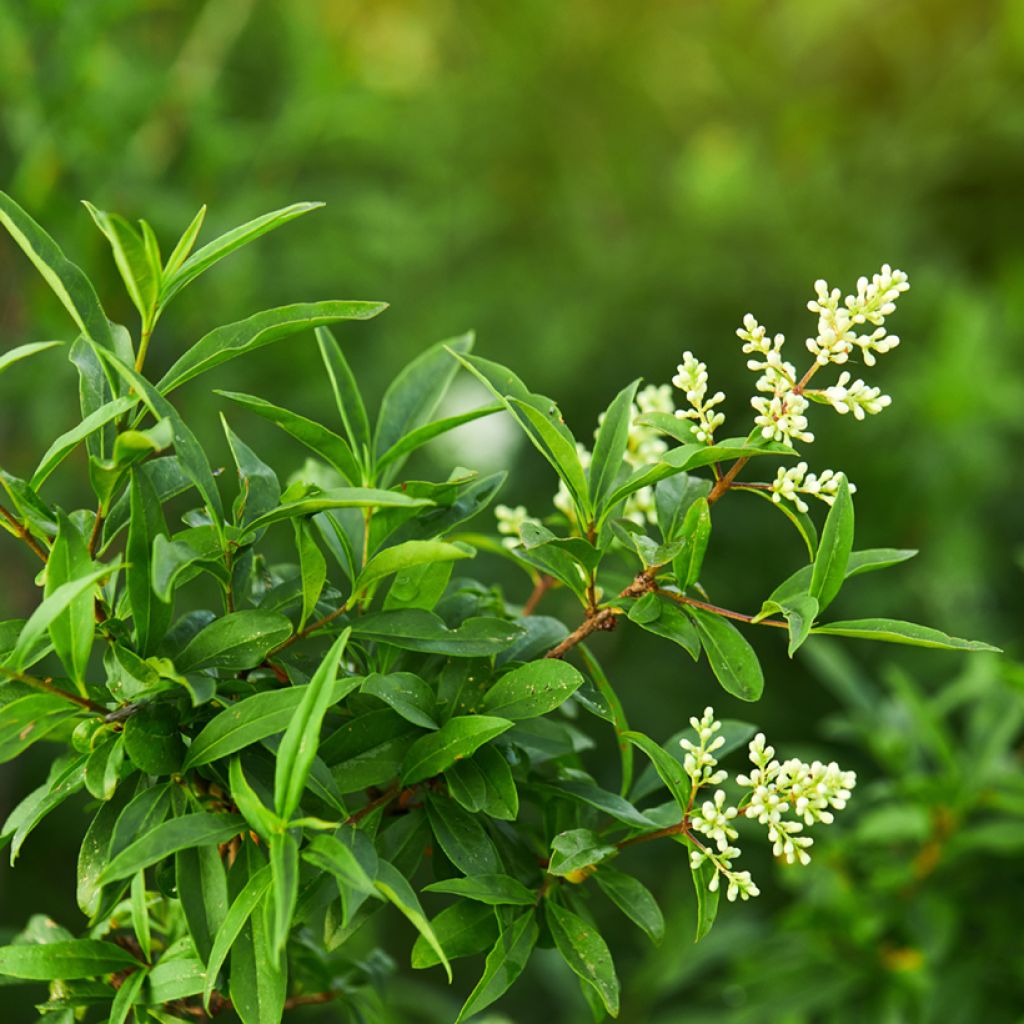

Common Privet - Ligustrum vulgare
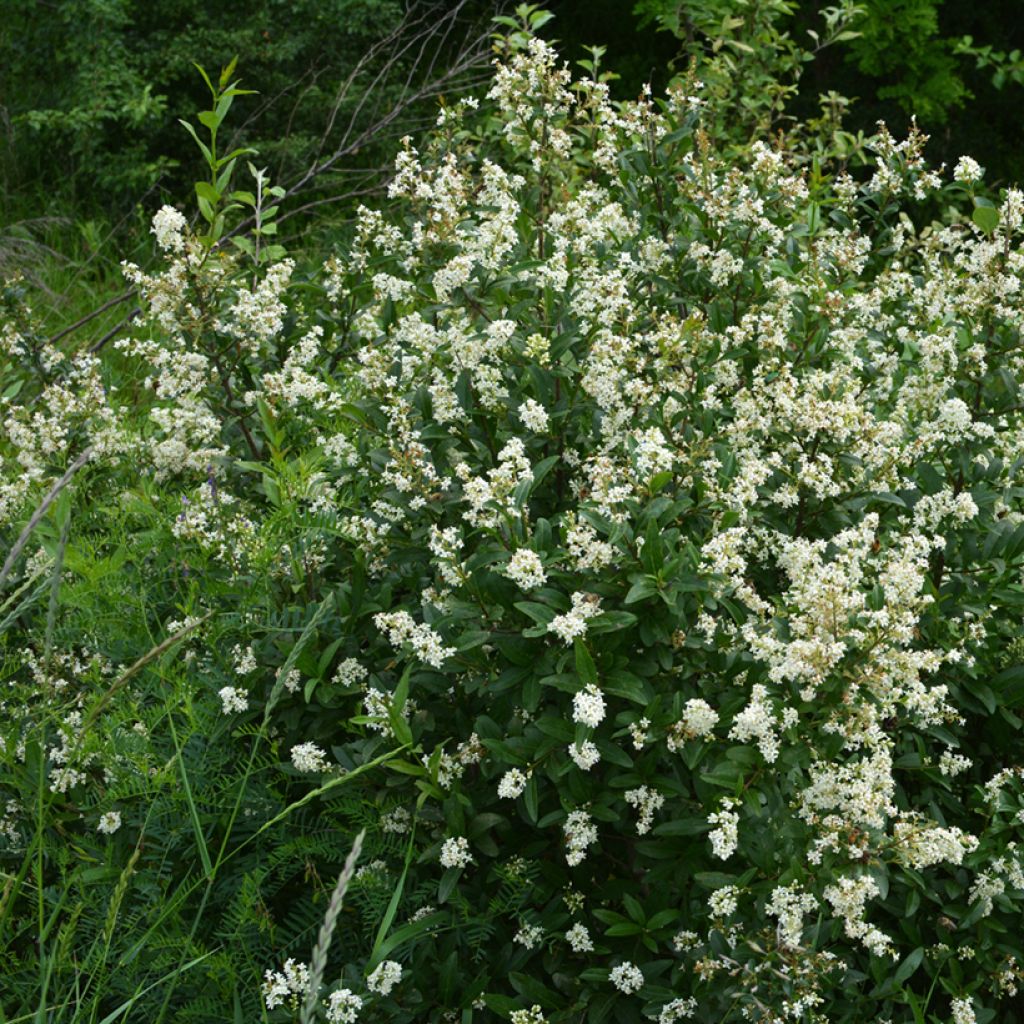

Common Privet - Ligustrum vulgare
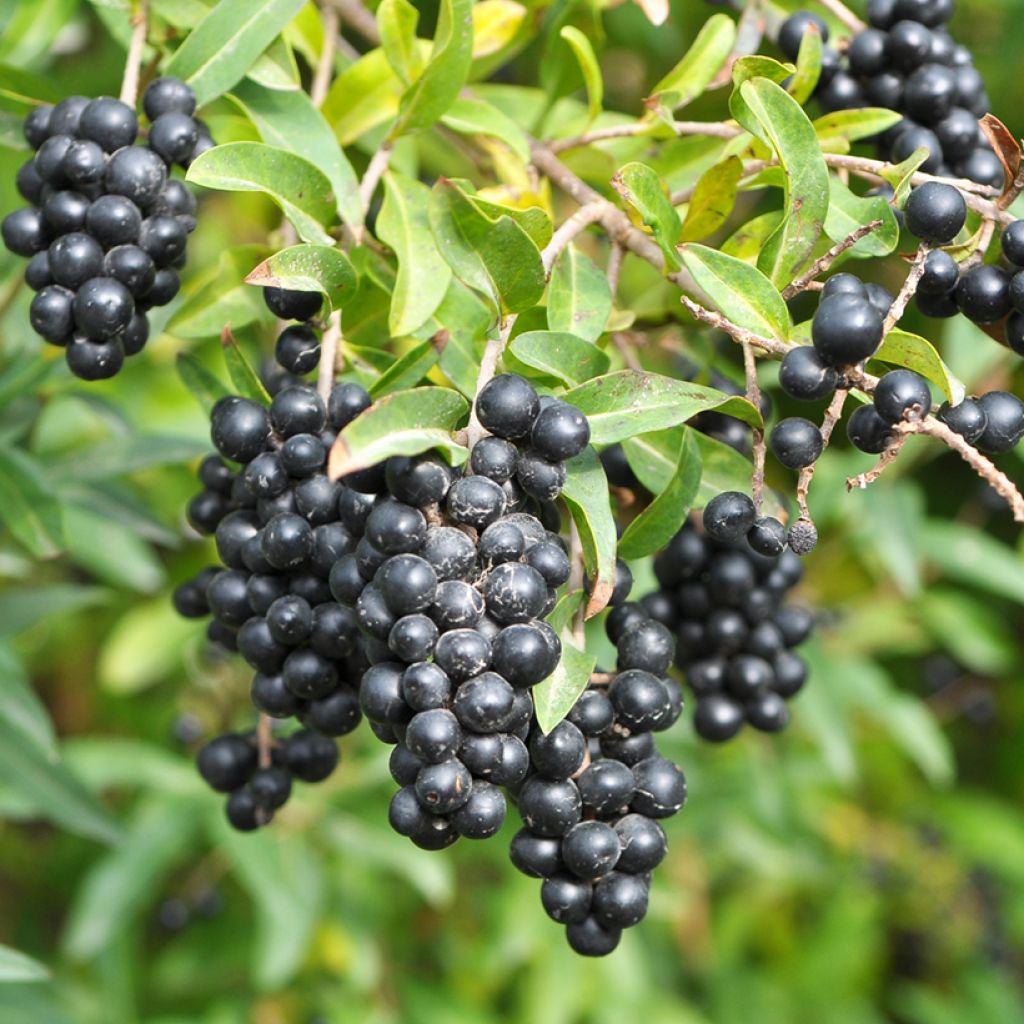

Common Privet - Ligustrum vulgare
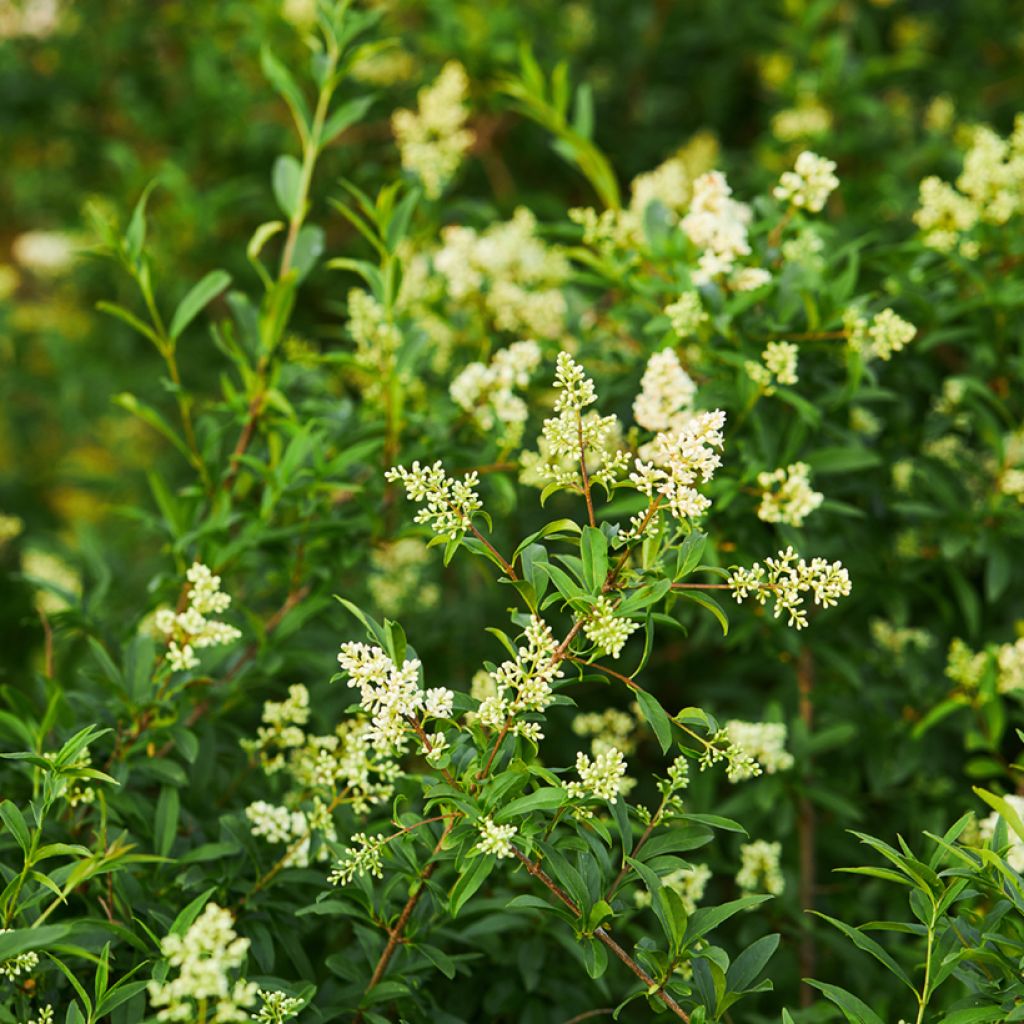

Common Privet - Ligustrum vulgare
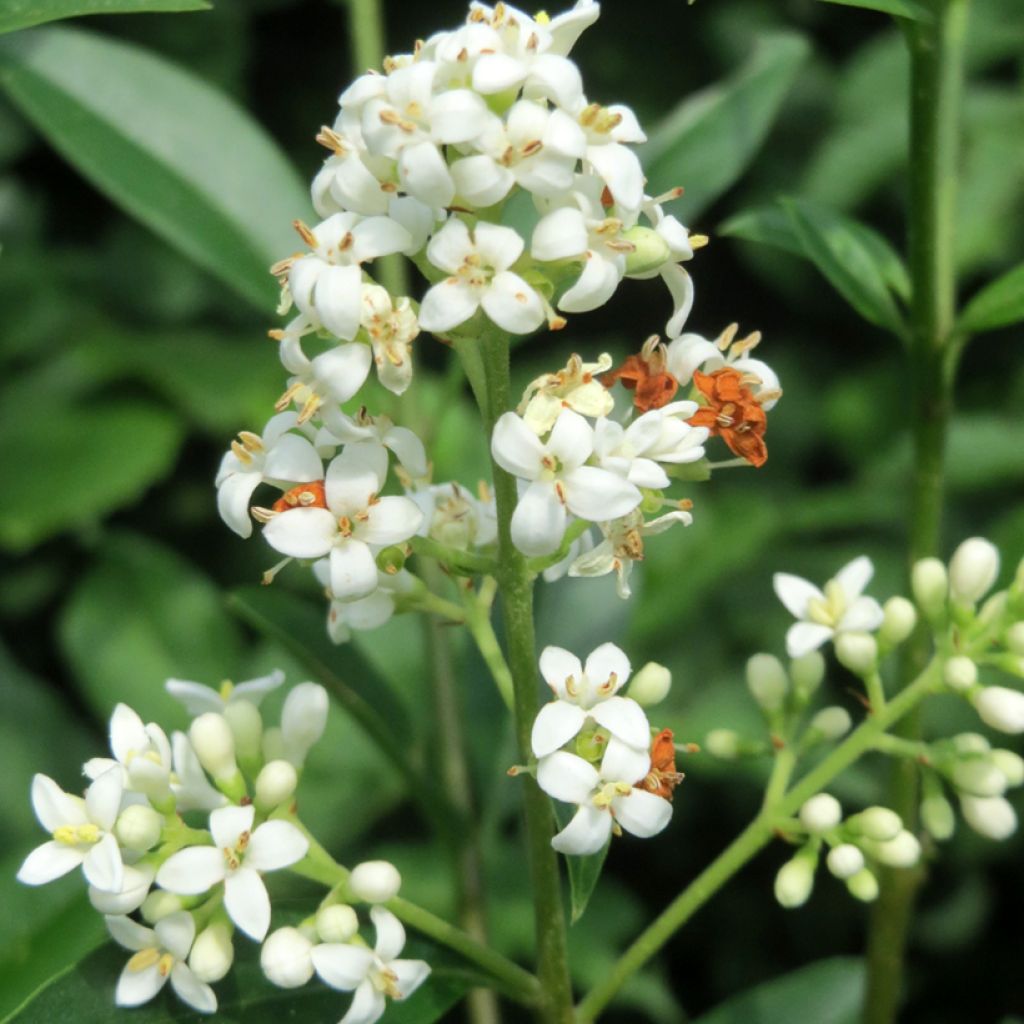

Common Privet - Ligustrum vulgare
Common Privet - Ligustrum vulgare
Ligustrum vulgare
Common Privet, European Privet, Prim, Prim-cut
5 out of 10 plants died even though all were carefully planted upon receipt. The plants were fragile.
Yael, 22/05/2024
Special offer!
Receive a €20 voucher for any order over €90 (excluding delivery costs, credit notes, and plastic-free options)!
1- Add your favorite plants to your cart.
2- Once you have reached €90, confirm your order (you can even choose the delivery date!).
3- As soon as your order is shipped, you will receive an email containing your voucher code, valid for 3 months (90 days).
Your voucher is unique and can only be used once, for any order with a minimum value of €20, excluding delivery costs.
Can be combined with other current offers, non-divisible and non-refundable.
Why not try an alternative variety in stock?
View all →This plant carries a 24 months recovery warranty
More information
We guarantee the quality of our plants for a full growing cycle, and will replace at our expense any plant that fails to recover under normal climatic and planting conditions.
Would this plant suit my garden?
Set up your Plantfit profile →
Description
The Ligustrum vulgare, also known as the common privet or European privet, is a vigorous bush, particularly easy to grow in our climate, highly appreciated for creating trimmed hedges. Its dense vegetation is appreciated by both gardeners and birds, who willingly nest in it, while its fragrant blossom feeds bees. When not trimmed, it produces small black berries sought after by some birds. Vigorous and fast-growing, this privet is also very accommodating regarding soil and exposure.
Native to temperate areas of Europe, Asia, and North Africa, the common privet is perfectly at ease in most of our regions. Resistant to cold, it prefers limestone, fertile, and fresh soils, but is very accommodating. This deciduous bush belongs, like lilac and olive trees, to the Oleaceae family. Its habit is bushy and ramified, its erect stems are very vigorous, and its growth is rapid. The common privet easily regenerates from its stump, and its drooping branches spontaneously layer quite easily. It can easily reach a height of 3 to 4 m (10ft to 13ft) with a width of 2 to 3 m (7 to 10ft). Its very dense foliage consists of narrow and ovate leaves of a dark green colour, measuring between 3 and 6 cm (2 to 2.4 in) in length, which is mostly absent in winter. In June-July, on untrimmed subjects, small cream-white tubular flowers appear, truly fragrant and intensely nectariferous, in panicles of 10 to 12 cm (4 to 5 in). This flowering is followed by small round berries of 3 to 5 mm (0.12-0.2in) in diameter, becoming black and shiny in autumn. They persist for part of the winter. The leaves, flowers, and fruits of the privet are toxic to humans if ingested. The roots of the privet are voracious, making it difficult for perennial plants to become established at its base. Allow a sufficiently large planting distance around it.
This common privet is one of the most used bushes for creating trimmed hedges and windbreaks. It is very easy to shape at will, which makes it particularly suitable for topiaries. It also deserves to be planted in groups, masses, wild or rural hedges, which will allow you to enjoy its blossom. The Ligustrum vulgare can be associated with other shrubs with summer flowering (deciduous ceanothus, hibiscus, lilac, mock orange, buddleias, flowering crabapple). Trimmed into a topiary, it will be most effective when accompanied by other also trimmed shrubs (boxwood, Elaeagnus ebbingei, yew), with different shapes and foliage, as a graphic and minimalist ornament.
Properties: With its highly fragrant and nectariferous flowering, this privet contributes to the preservation of bees. Its pollen can be allergenic for certain sensitive individuals. The privet has a very high resistance to pollution.
Report an error about the product description
Common Privet - Ligustrum vulgare in pictures
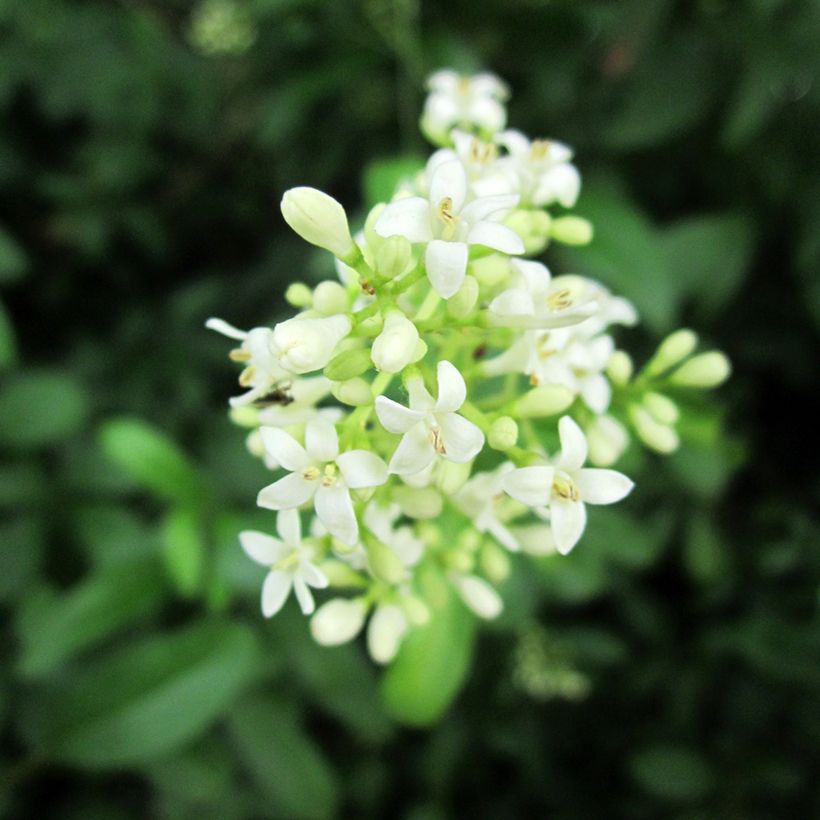

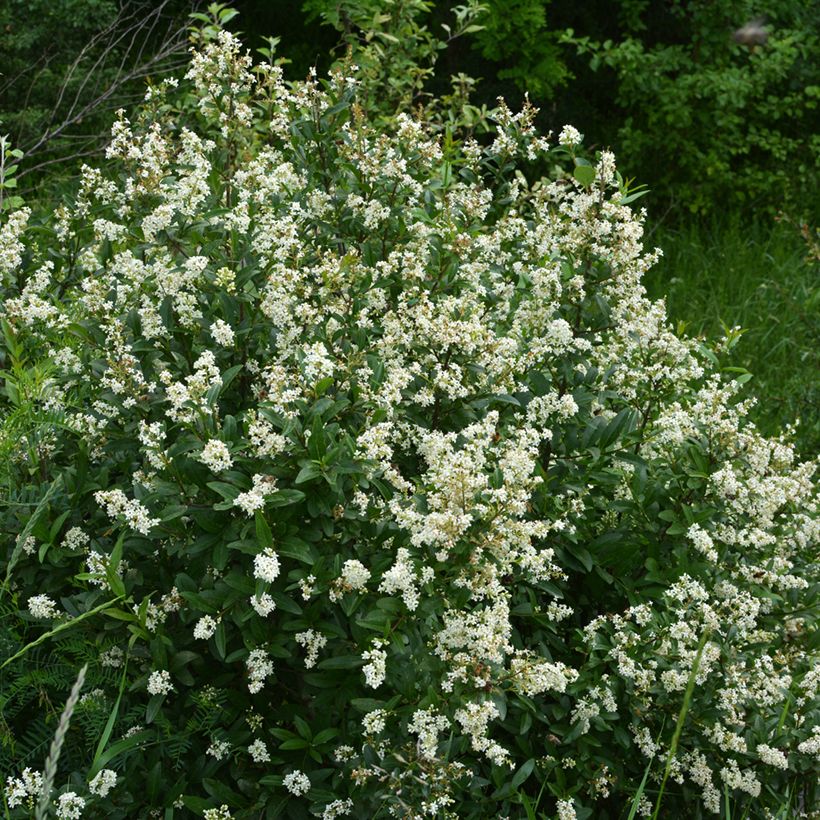

Plant habit
Flowering
Foliage
Botanical data
Ligustrum
vulgare
Oleaceae
Common Privet, European Privet, Prim, Prim-cut
Western Europe
Other Ligustrum - Privet
View all →Planting and care
Very undemanding, the Ligustrum vulgare is satisfied with ordinary soil (even limestone and clay), deep, not too dry and with a sunny or semi-shade exposure. It tolerates periodically waterlogged soils and can grow in shade, where it will be less floriferous. Privet does not appreciate excessively acidic and poor soils. Very hardy, it can withstand temperatures down to -17°C (62.6°F) and more. It has a good tolerance to sea spray and can be planted by the seaside. Avoid planting it in arid conditions, in shallow and/or excessively dry soil in summer.
When planting in autumn or spring, cut back the plant to 40 cm (16 in) from the ground to obtain dense branching. For hedges, a spacing of 50 to 70 cm (20 to 28 in) between each plant is recommended. For trimmed hedges or topiaries, pruning is necessary twice a year due to the rapid growth of this privet: in spring (April-May) and at the end of summer (August-September): cut the branches back lightly to allow the bush to branch out well. It should be noted that privet does not flower or flowers very little if it is pruned. For shrubs used as standalone plants that grow freely, pruning is done in spring and consists of removing dead wood to maintain a good habit. Possible diseases and pests: aphids, thrips, powdery mildew, scaly insects.
Planting period
Intended location
Care
-
, onOrder confirmed
Reply from on Promesse de fleurs
Similar products
Haven't found what you were looking for?
Hardiness is the lowest winter temperature a plant can endure without suffering serious damage or even dying. However, hardiness is affected by location (a sheltered area, such as a patio), protection (winter cover) and soil type (hardiness is improved by well-drained soil).

Photo Sharing Terms & Conditions
In order to encourage gardeners to interact and share their experiences, Promesse de fleurs offers various media enabling content to be uploaded onto its Site - in particular via the ‘Photo sharing’ module.
The User agrees to refrain from:
- Posting any content that is illegal, prejudicial, insulting, racist, inciteful to hatred, revisionist, contrary to public decency, that infringes on privacy or on the privacy rights of third parties, in particular the publicity rights of persons and goods, intellectual property rights, or the right to privacy.
- Submitting content on behalf of a third party;
- Impersonate the identity of a third party and/or publish any personal information about a third party;
In general, the User undertakes to refrain from any unethical behaviour.
All Content (in particular text, comments, files, images, photos, videos, creative works, etc.), which may be subject to property or intellectual property rights, image or other private rights, shall remain the property of the User, subject to the limited rights granted by the terms of the licence granted by Promesse de fleurs as stated below. Users are at liberty to publish or not to publish such Content on the Site, notably via the ‘Photo Sharing’ facility, and accept that this Content shall be made public and freely accessible, notably on the Internet.
Users further acknowledge, undertake to have ,and guarantee that they hold all necessary rights and permissions to publish such material on the Site, in particular with regard to the legislation in force pertaining to any privacy, property, intellectual property, image, or contractual rights, or rights of any other nature. By publishing such Content on the Site, Users acknowledge accepting full liability as publishers of the Content within the meaning of the law, and grant Promesse de fleurs, free of charge, an inclusive, worldwide licence for the said Content for the entire duration of its publication, including all reproduction, representation, up/downloading, displaying, performing, transmission, and storage rights.
Users also grant permission for their name to be linked to the Content and accept that this link may not always be made available.
By engaging in posting material, Users consent to their Content becoming automatically accessible on the Internet, in particular on other sites and/or blogs and/or web pages of the Promesse de fleurs site, including in particular social pages and the Promesse de fleurs catalogue.
Users may secure the removal of entrusted content free of charge by issuing a simple request via our contact form.
The flowering period indicated on our website applies to countries and regions located in USDA zone 8 (France, the United Kingdom, Ireland, the Netherlands, etc.)
It will vary according to where you live:
- In zones 9 to 10 (Italy, Spain, Greece, etc.), flowering will occur about 2 to 4 weeks earlier.
- In zones 6 to 7 (Germany, Poland, Slovenia, and lower mountainous regions), flowering will be delayed by 2 to 3 weeks.
- In zone 5 (Central Europe, Scandinavia), blooming will be delayed by 3 to 5 weeks.
In temperate climates, pruning of spring-flowering shrubs (forsythia, spireas, etc.) should be done just after flowering.
Pruning of summer-flowering shrubs (Indian Lilac, Perovskia, etc.) can be done in winter or spring.
In cold regions as well as with frost-sensitive plants, avoid pruning too early when severe frosts may still occur.
The planting period indicated on our website applies to countries and regions located in USDA zone 8 (France, United Kingdom, Ireland, Netherlands).
It will vary according to where you live:
- In Mediterranean zones (Marseille, Madrid, Milan, etc.), autumn and winter are the best planting periods.
- In continental zones (Strasbourg, Munich, Vienna, etc.), delay planting by 2 to 3 weeks in spring and bring it forward by 2 to 4 weeks in autumn.
- In mountainous regions (the Alps, Pyrenees, Carpathians, etc.), it is best to plant in late spring (May-June) or late summer (August-September).
The harvesting period indicated on our website applies to countries and regions in USDA zone 8 (France, England, Ireland, the Netherlands).
In colder areas (Scandinavia, Poland, Austria...) fruit and vegetable harvests are likely to be delayed by 3-4 weeks.
In warmer areas (Italy, Spain, Greece, etc.), harvesting will probably take place earlier, depending on weather conditions.
The sowing periods indicated on our website apply to countries and regions within USDA Zone 8 (France, UK, Ireland, Netherlands).
In colder areas (Scandinavia, Poland, Austria...), delay any outdoor sowing by 3-4 weeks, or sow under glass.
In warmer climes (Italy, Spain, Greece, etc.), bring outdoor sowing forward by a few weeks.































